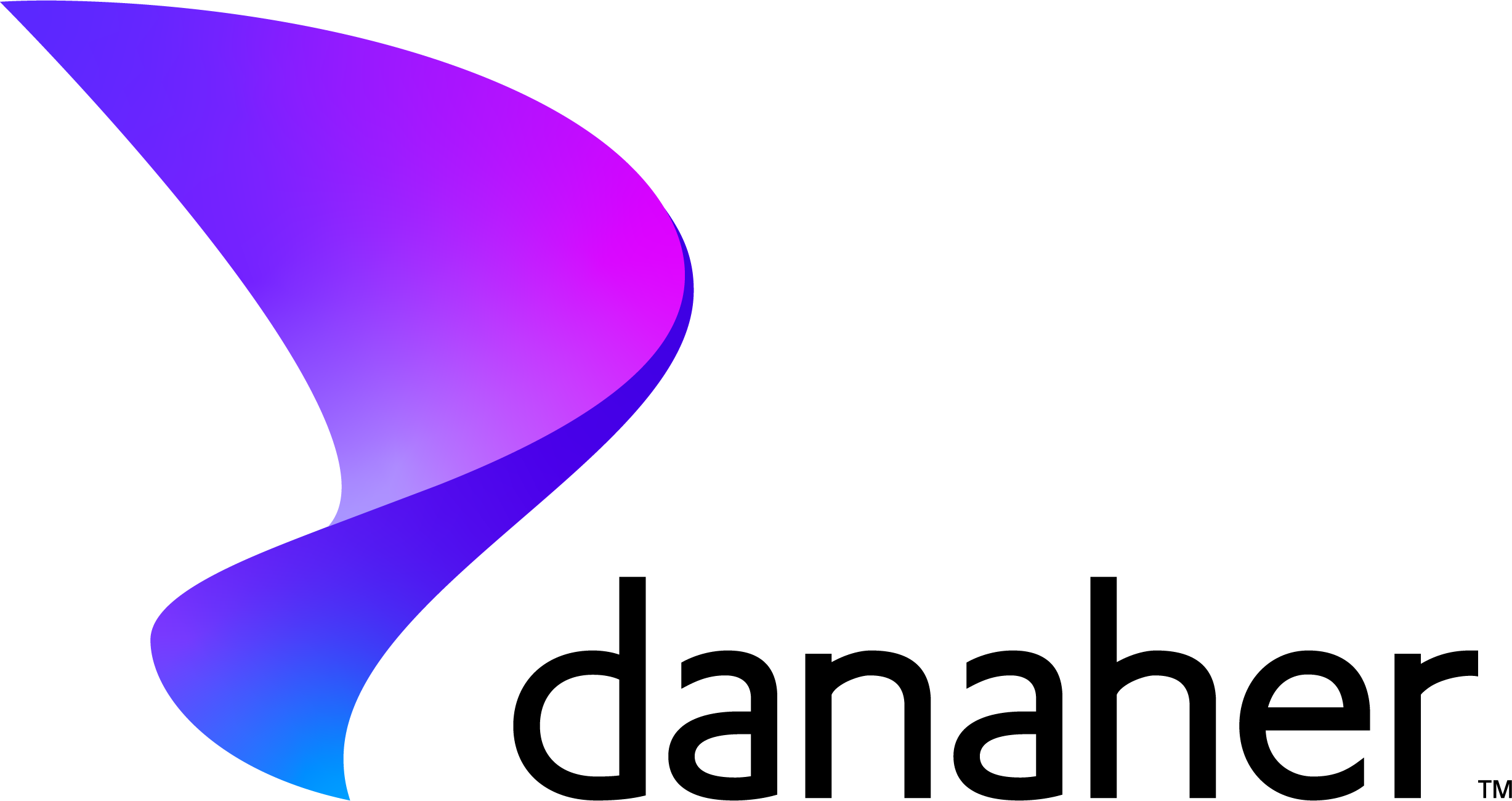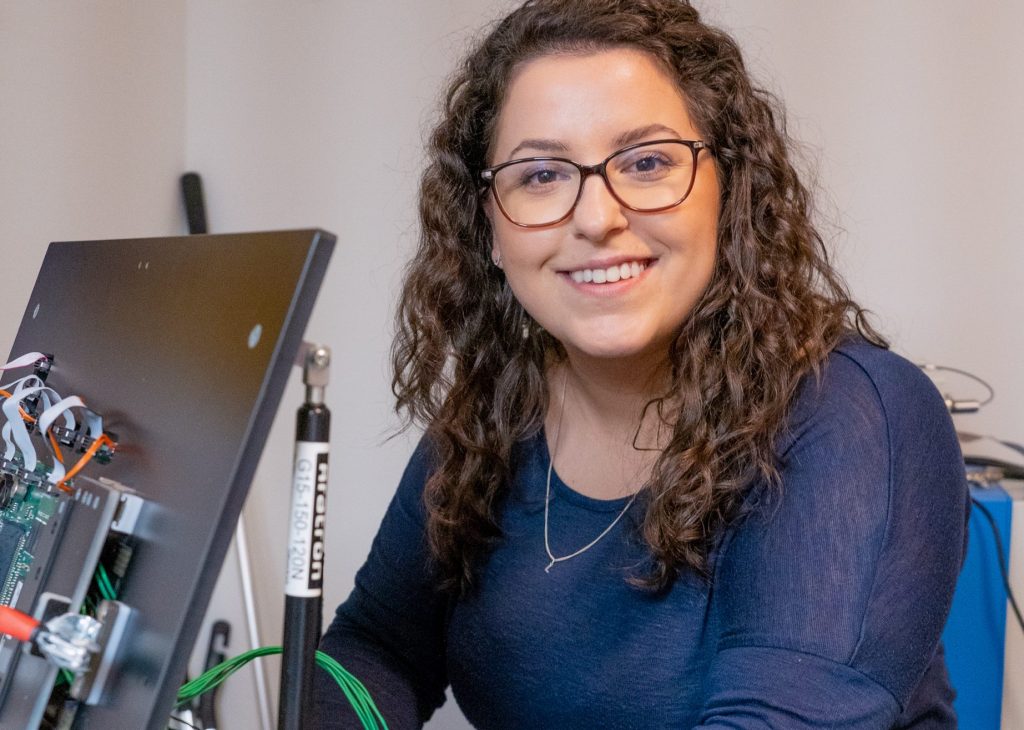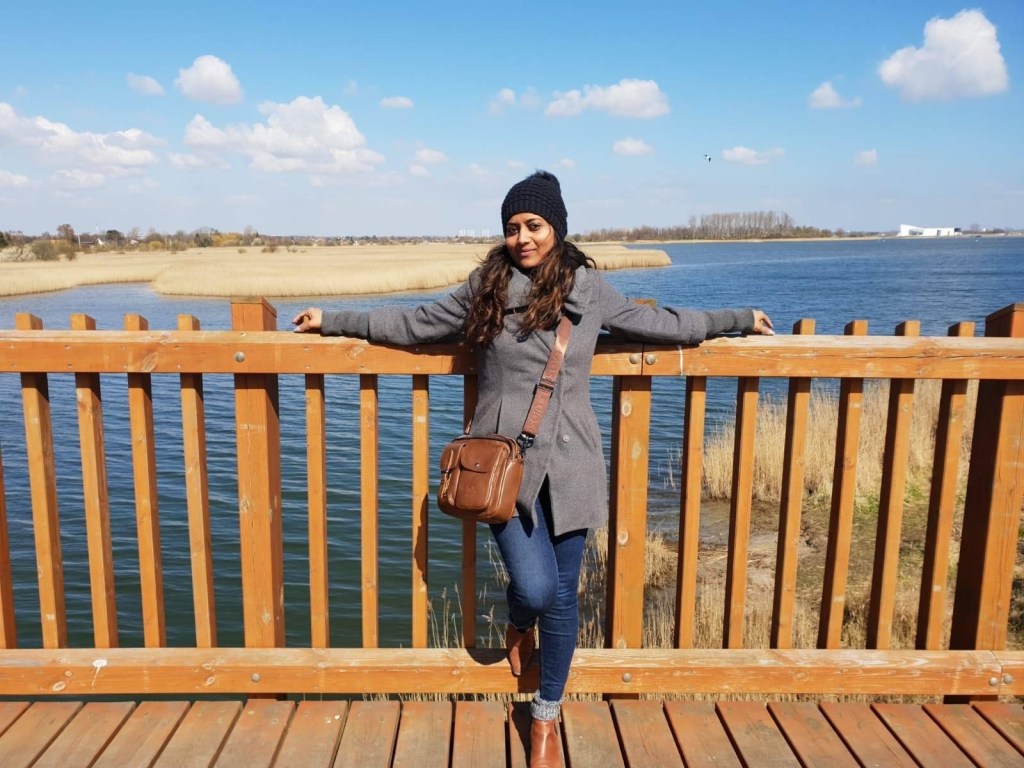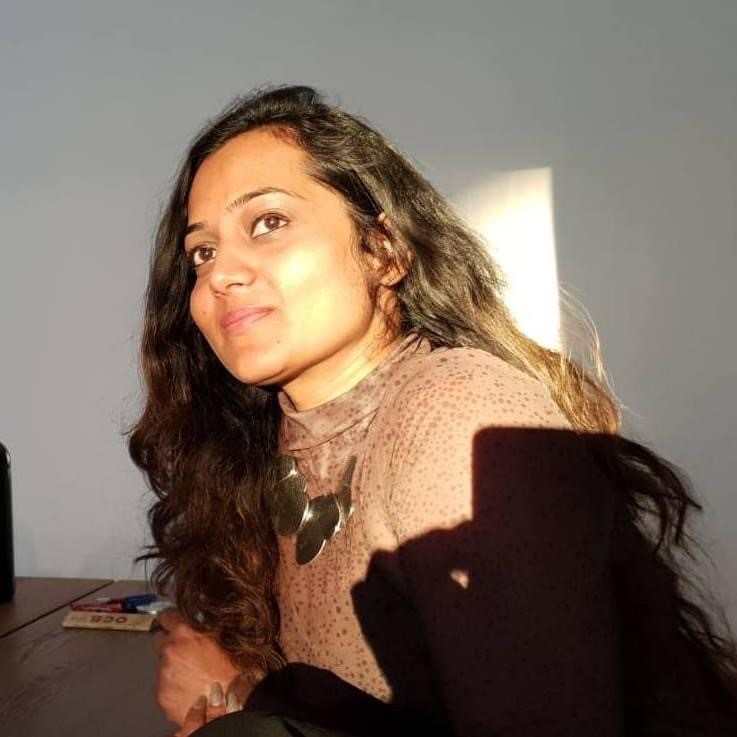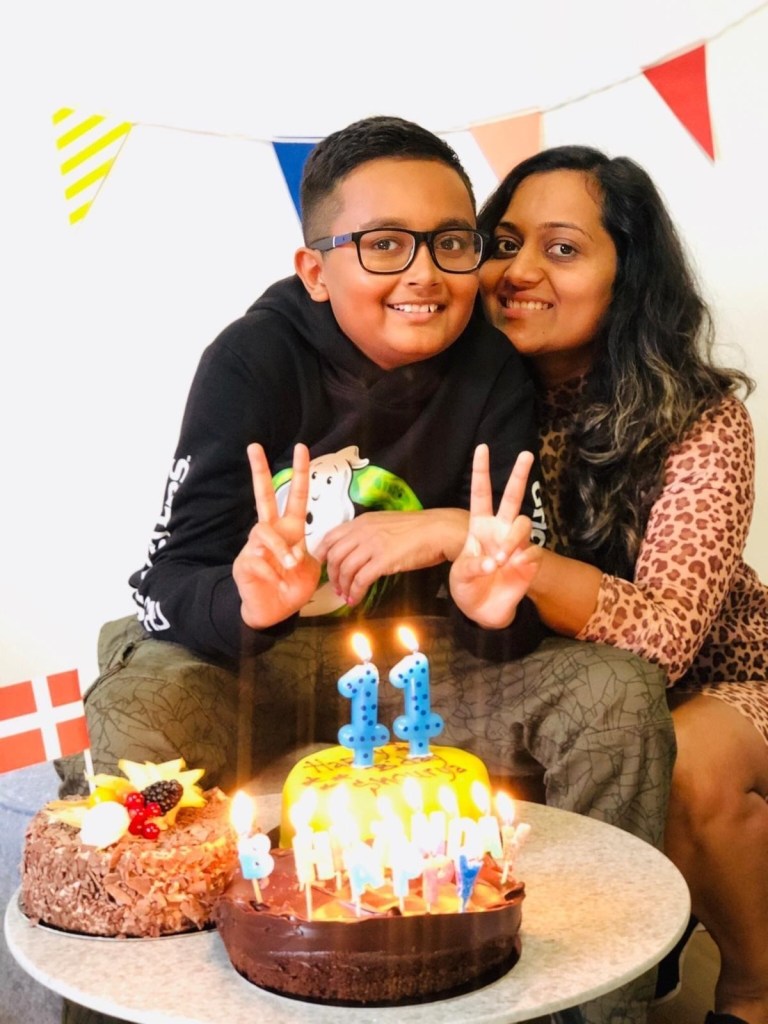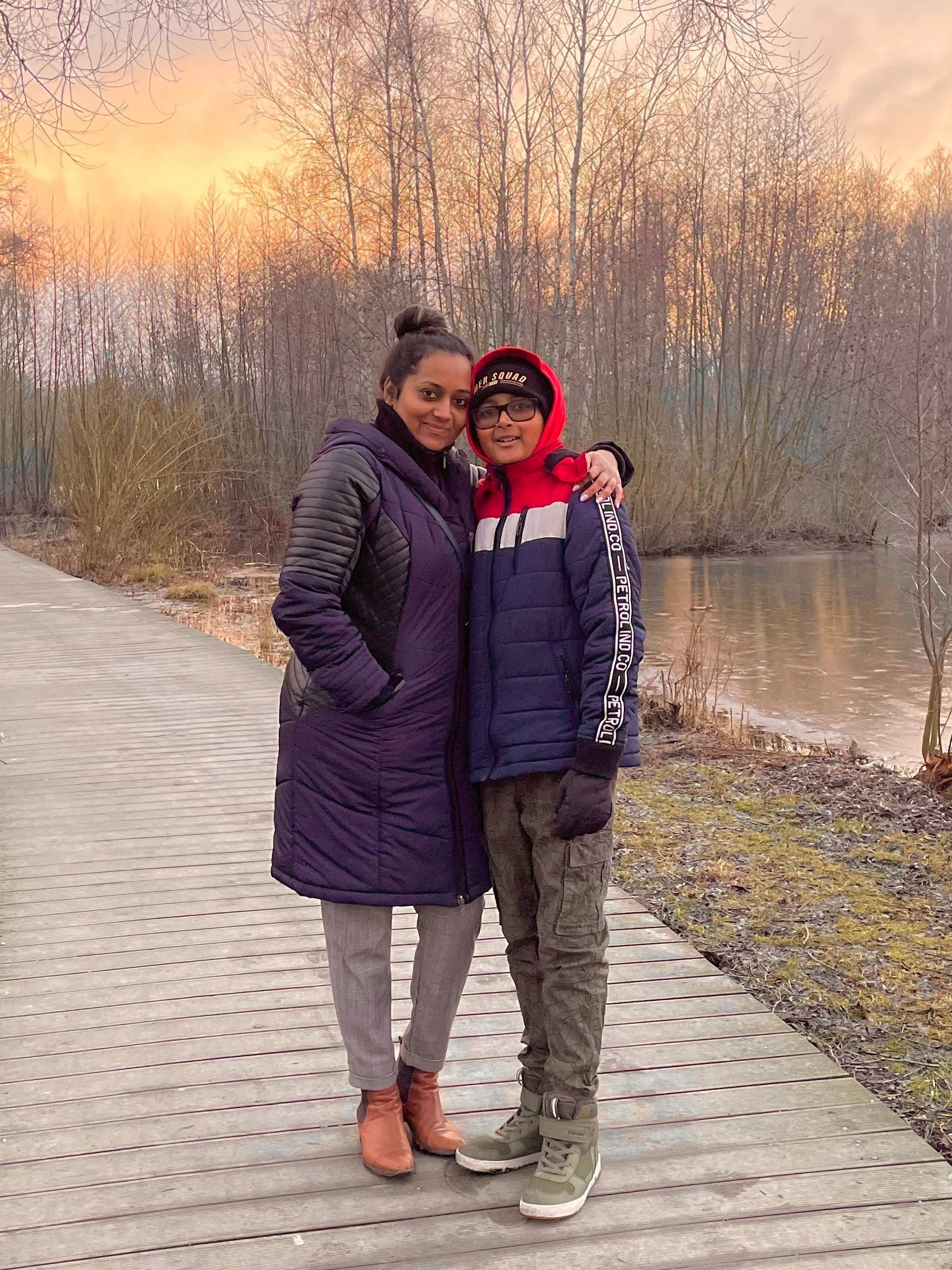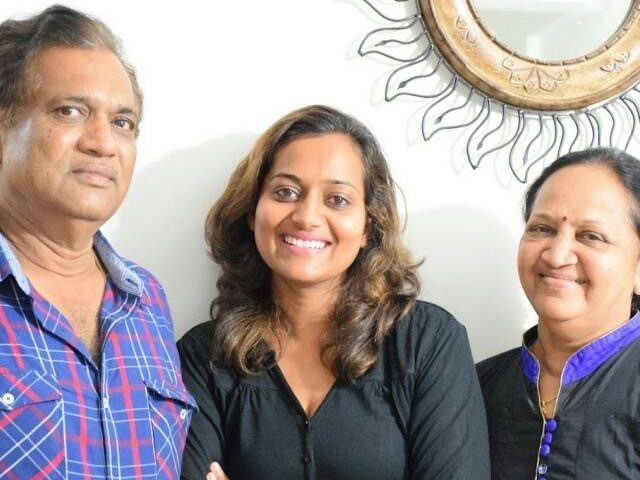My name is Zana Dauti and I have worked at Radiometer for over seven years. I started as an intern and was only supposed to stay for six months but fell in love with the culture and purpose of our work. As an Electrical Engineer, I work in the test and manufacturing processes department. This serves as the link between research and development (R&D) and production. My team ensures that products are ready for manufacturing and handles any additional testing or documentation needed.
My role involves working with test equipment and software for electrical circuit boards. We take the functional requirements from R&D and find solutions to create a production-friendly version of the prototypes. It can be challenging, but it’s rewarding to see our products used with the knowledge that they are helping people in critical health situations.
Our work at Radiometer is incredibly meaningful, creating medical devices that help save lives. It’s fulfilling to be part of such an important mission and to know that our work has a real impact.
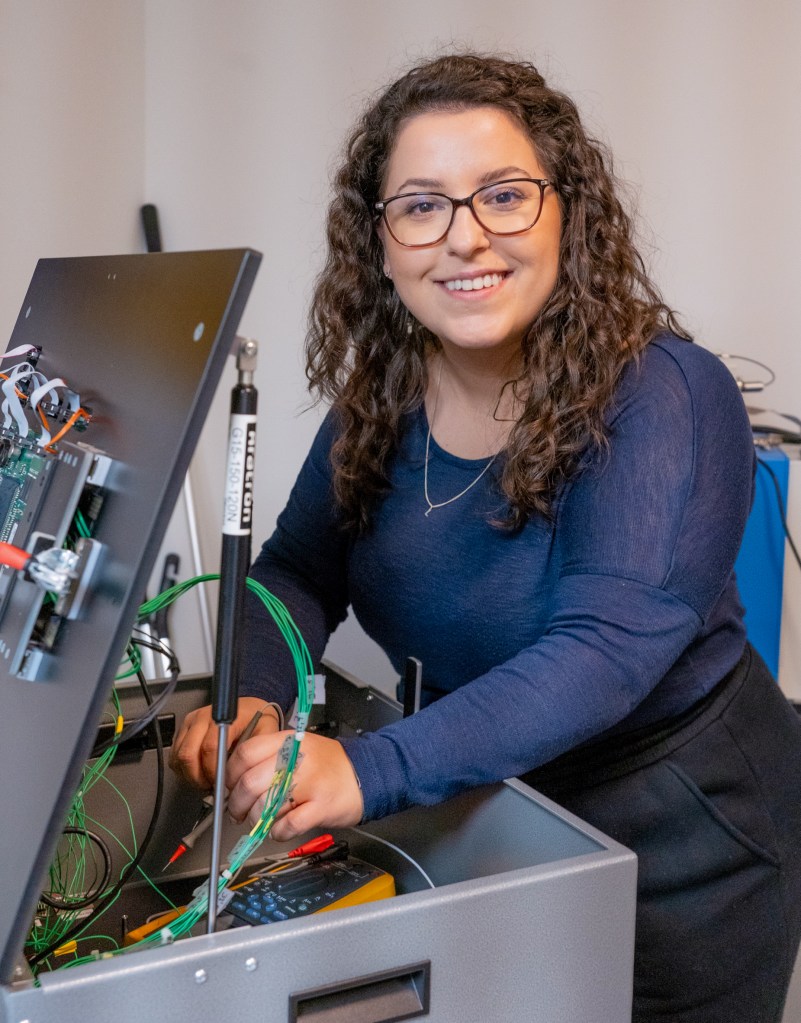
Harnessing Potential: A Culture of Growth and Support
Radiometer is an amazing place to work. One of the reasons is due to the supportive and encouraging environment. Even though I’m often younger than most of my colleagues and one of the few women in the department, I’ve always felt valued and respected. I appreciate that everyone is willing to lend a hand or point you in the right direction when you need help.
I’m currently working on duplicating some of our test equipment. This job is a balance between fun and necessity, and while the tasks aren’t always the most fun, knowing that my work positively impacts lives motivates me to get out of bed and come to work every morning.
The other half of my job involves developing alternatives to our existing products. I ensure that once our R&D team has identified an alternative component, all necessary documents and test processes are in place so that manufacturing can proceed smoothly.
In my professional growth and development, I have received tremendous support from my managers and colleagues at Radiometer. They have helped me improve my skills through various courses and have encouraged me to raise the bar. I’ve always had the freedom to take ownership of my tasks, and I am encouraged to make improvements to my work where I see fit within our regulatory limits. This freedom and support has greatly helped me grow professionally and personally.
The fact that Radiometer is part of Danaher has many advantages, especially in knowledge-sharing. Some of my colleagues are part of an interest group where they meet engineers from other companies within Danaher to discuss their work, challenges and solutions. It offers a chance to learn about the different testing systems and processes used at other companies and share knowledge more freely as we all play on the same team.
Internally, we have a monthly meeting among electrical engineers where we present specific projects and insights. This knowledge-sharing is invaluable and often sparks ideas for how to do things differently.
Trailblazing Women in STEM: Fostering a Culture of Inclusion
In my personal life, a lot has changed over the past seven years, but one constant has been my work at Radiometer; the strong connection to my colleagues and work makes this place feel like a second home. Our work environment is supportive and nurturing and places value on mental health.
Despite being the only woman on my team, I have found my place here and feel a sense of belonging. As an electrical engineer, I am first and foremost an engineer and focused on the job at hand. My team has always included me and gave me space to be myself. Despite being the only woman on my team, I have never felt like my voice isn’t heard.
I always recommend Radiometer as a workplace to my friends and other women in the field. I’ve noticed that generally, women tend to doubt themselves more and hesitate to apply for jobs if they do not meet all the qualifications. This is why it is crucial to break down these barriers and create a more inclusive workplace where everyone feels empowered, but also to be transparent outside the company and showcase our authentic culture. I believe we have a strong culture here at Radiometer and we should be proud of it.
